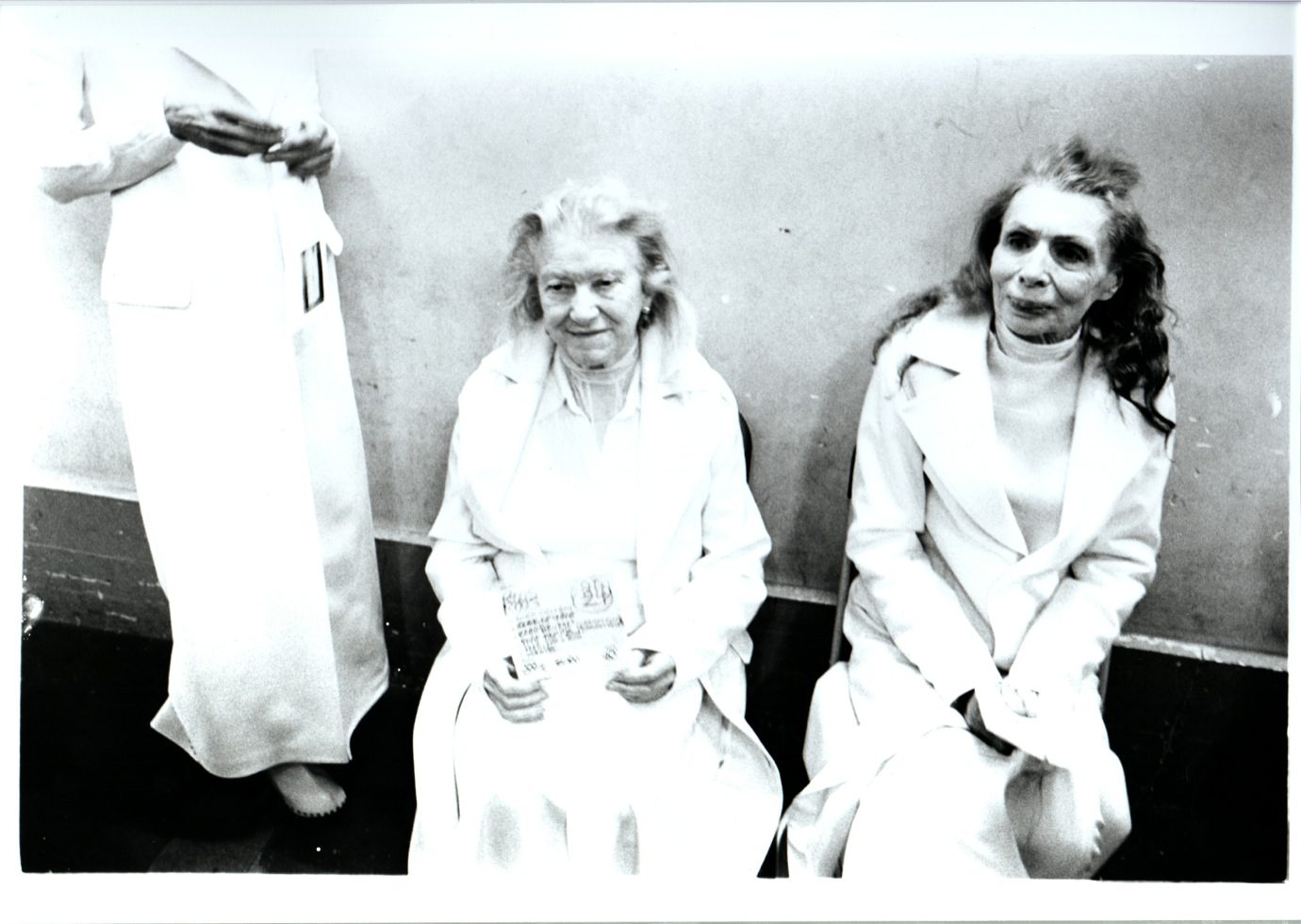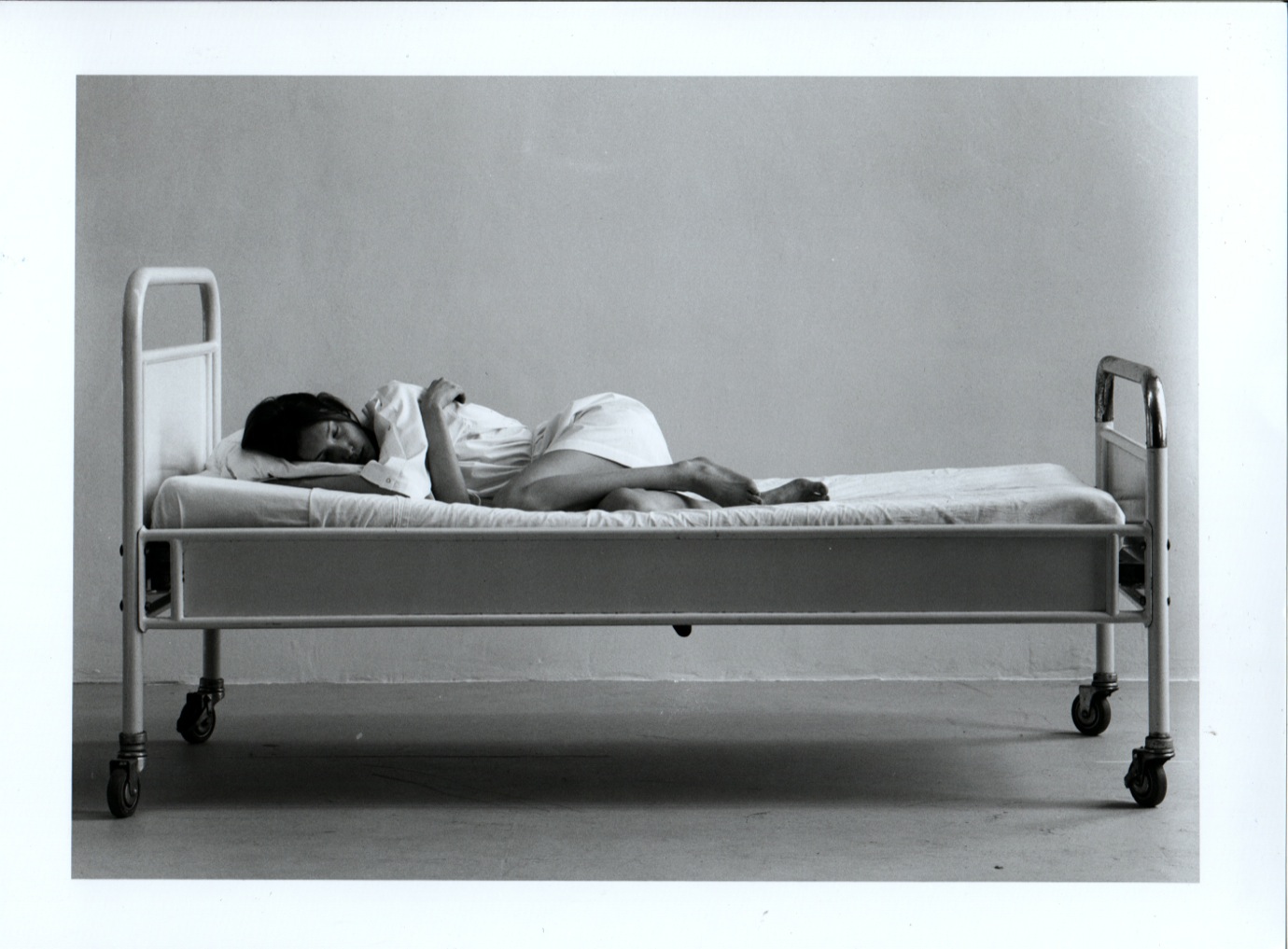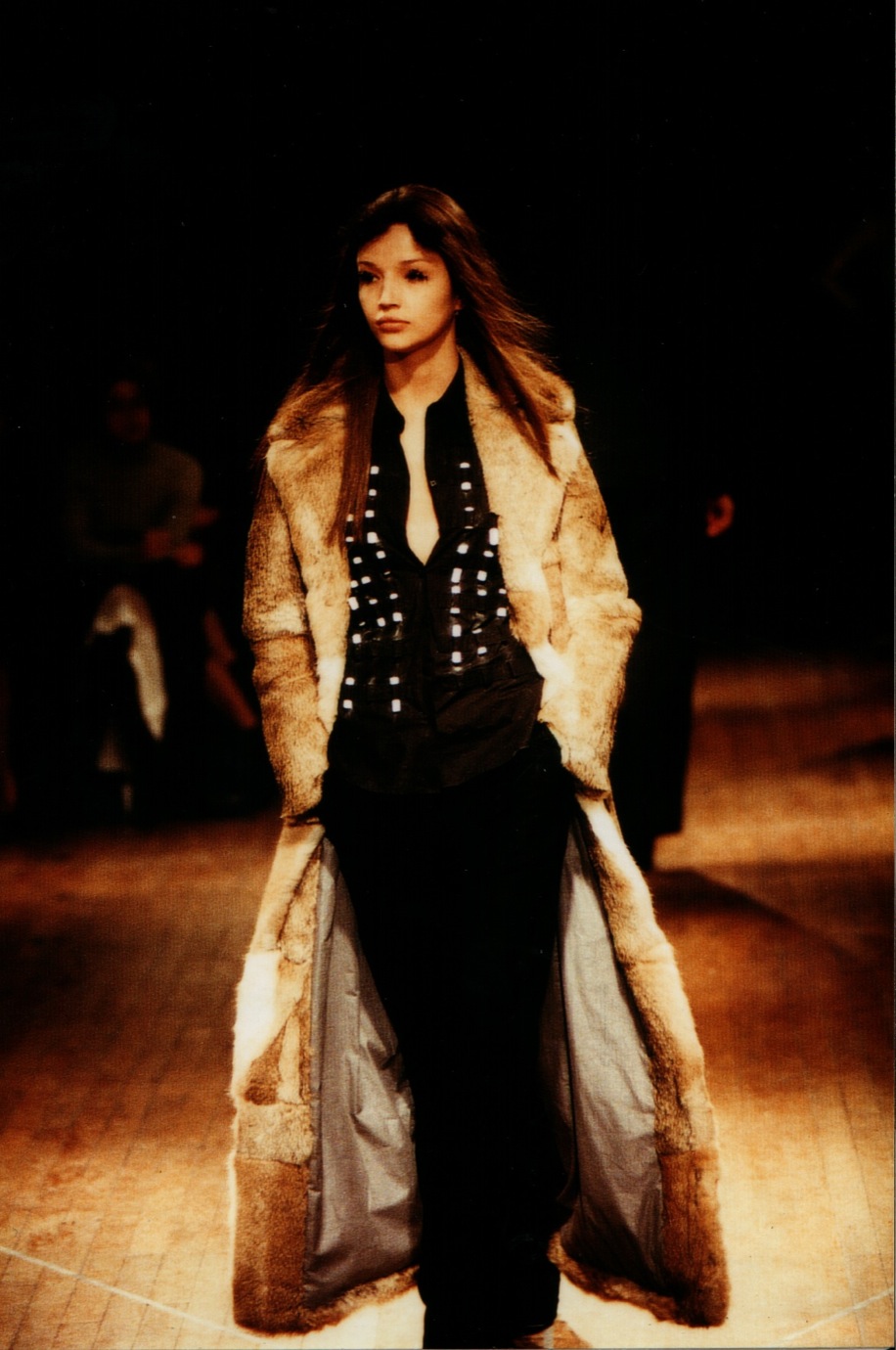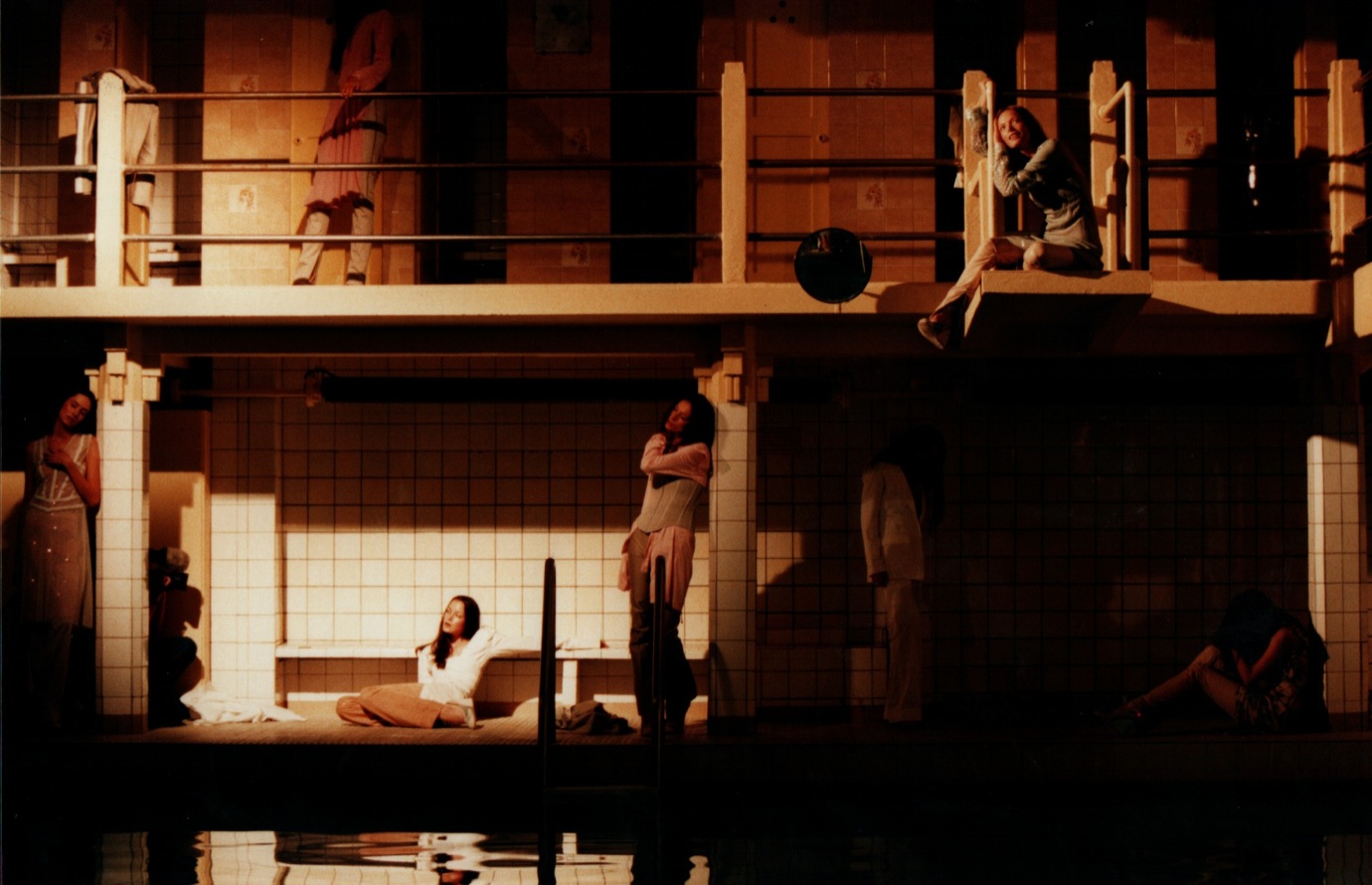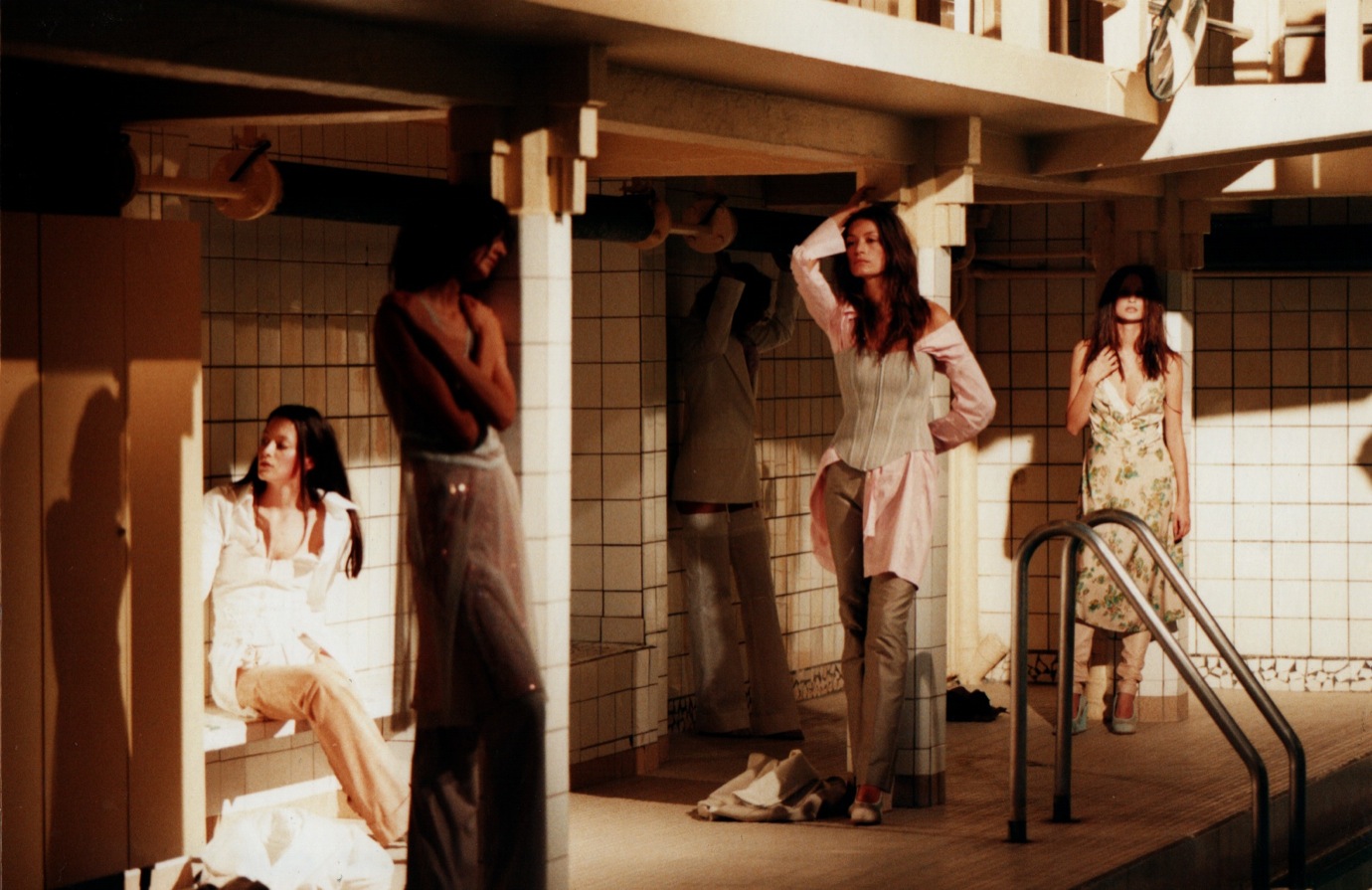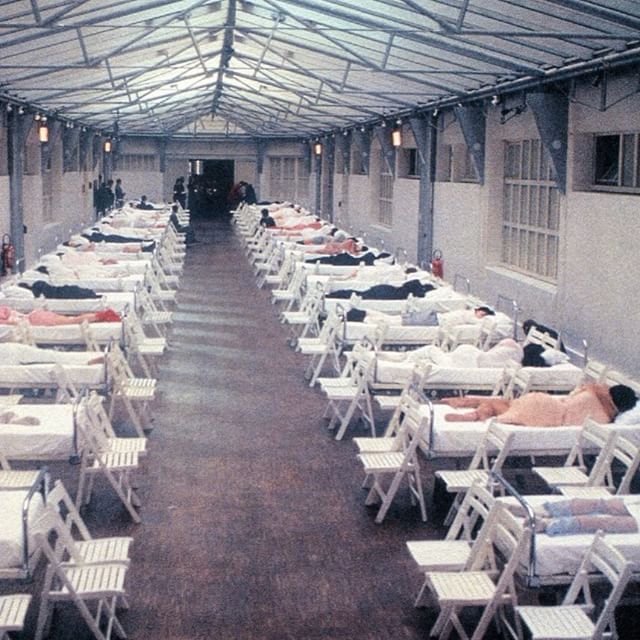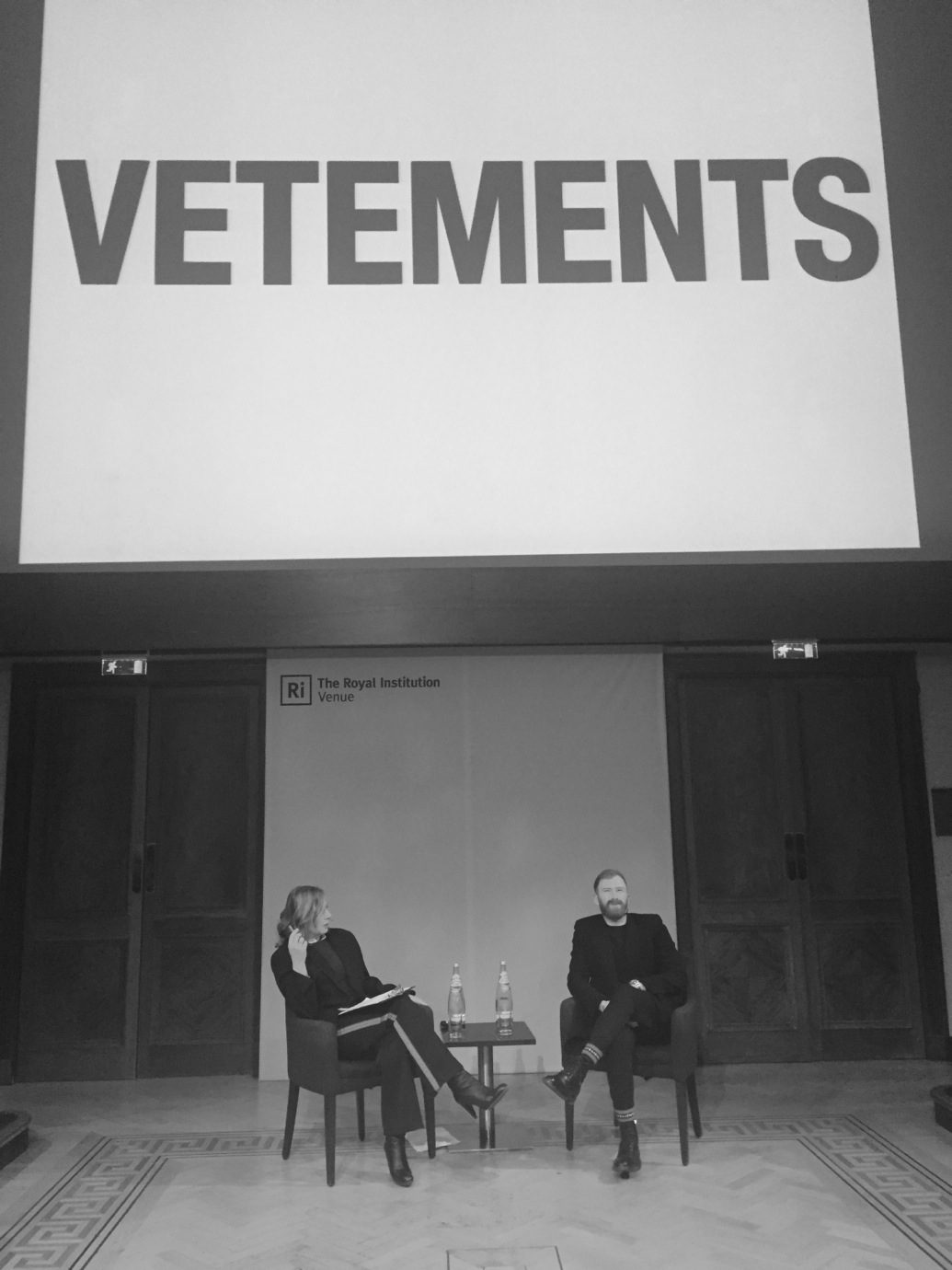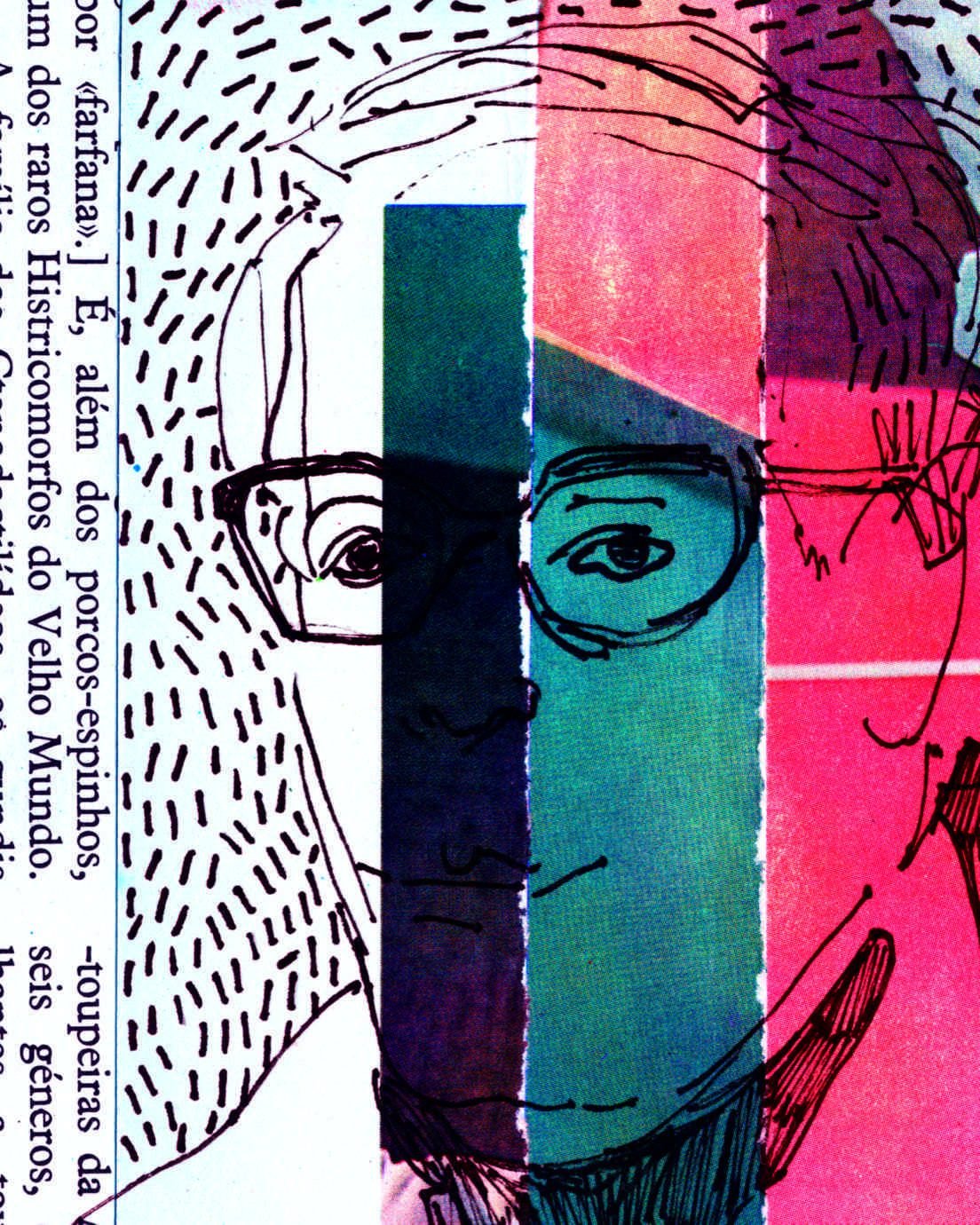“WE ALSO HEAR SO MANY STORIES WHERE PEOPLE THINK THEY FOUND THE RIGHT BUSINESS PARTNER, BUT AFTER ONE YEAR IT’S A COMPLETE NIGHTMARE.”
What advise can you give young people on that business aspect and finding the right partner to work with?
An: You never know. We also hear so many stories where people think they found the right business partner, but after one year it’s a complete nightmare. Unfortunately you cannot do a test. Most of the time when investors are coming, everything goes quite quick. Once they start investing, they want to move on.
Did you have offers earlier?
An: Not really, we also weren’t open for it. We weren’t looking for it, so we didn’t see or hear about an opportunity. Our investors are four brothers, they like art and creativity but they are not creative themselves. They like to be surrounded by creative people. They decided to start a holding, so they’re now also investing in other brands. They hired some people that have fashion experience to do the consulting for them — so that somebody could explain how the business works.
Business aside — could you tell me about a fond memory of your creative collaborations?
Filip: Ivo van Hove, he’s a great director — a huge one in Belgium and The Netherlands. He’s going to work together with David Bowie. We also did the costumes for Alice in Bed, the Susan Sontag play — then in the end we met Susan Sontag.
An: Stephen Jones was also really nice…
Filip: You have something in mind for yourself, because you know what your input in a collaboration can and will be. But you don’t see, for 100%, what the influence will be from the other person. Stephen Jones is a great hat maker, and we go there and explain a little bit about what we want, and then you say, ‘ok Stephen, go!’ and two weeks later he comes with amazing ideas…
An: It’s also very nice to work with him because he’s such a wise guy. His background is incredible. He does the hats for all the top designers, all the big houses worldwide. Rei Kawakubo, Dior… So with our last show it was a complete chaos with the paint and everything. We were a bit afraid of what he might think, but he was always like: ’this is real rock and roll, guys!’.
What music are you listening to a lot now?
Filip: Blixa Bargeld. He’s the one we named our company after.
An: He stopped his band for a while, for a reason which I still don’t know. Some Belgian people asked Blixa, who is German — to create a music piece on the war, so he decided to do it again with his band Einstürzende Neubauten. He made a record out of it, so now he’s touring again. It’s really nice because before he did some side project which was very extreme, freaky.
Did you like the extreme and freaky?
Yes, but I also missed the beat and the rhythm. I’m happy that they restarted.

